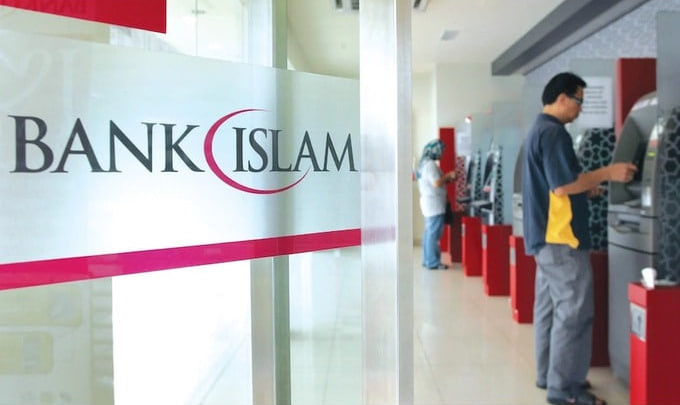Senate comments on plans to mandatory transfer of information on bank accounts of users to STC
People widely discuss the draft joint resolution of the State Tax Committee and the Central Bank “On approval of the electronic transfer of information on bank accounts of users by the Central Bank and commercial banks of Uzbekistan to the State Tax Committee”.
Odiljon Iminov, Deputy Chairman of the Senate Committee on Budget and Economic Reforms, considers some features of this project controversial:
“Article 134 of the Tax Code clearly states that the bank is obliged to provide information on the customer accounts and deposits at the bank, their balances, statements, and other information related to the fulfillment of tax obligations upon the request of the tax authority.
However, the resolution says that banks must submit information on the turnover of received funds on bank cards of individuals to the tax authorities, if the volume of turnover exceeds 30 million soums (including the equivalent in foreign currency) within one month, or if the amount of card-to-card transaction exceeds 10 million.
Article 134 of the Tax Code does not have any item about the turnover of received funds on bank cards of individuals.
Obviously, not all parts of the document are explained in the Tax Code.
Therefore, the document should be revised and based on the Tax Code,” Iminov said.
As previously reported by the press service of the State Tax Committee, many foreign countries has AML (Anti-Money Laundering) and KYC (Know Your Customer) systems operating in commercial banks. Commercial banks use them to analyze suspicious transactions and, if signs of illicit cash flow are detected, report to the tax authorities to prevent economic crimes.
According to the State Tax Committee, only in January 2020, when checking 185 enterprises whose revenue from sales decreased, Committee revealed the turnover of 6.3 billion soums through individuals’ cards. 27,519 transactions were revealed in total. These numbers have not been documented anywhere and, therefore, were considered tax evasion attempt.
Related News

11:25 / 06.02.2026
Uzbekistan clears regulatory hurdles for Apple Pay, Google Pay, and PayPal access

16:12 / 05.02.2026
Senate backs legal reforms to introduce Islamic banking in Uzbekistan

12:41 / 02.02.2026
Uzbekistan plans expanded digital oversight to reduce informal economic activity

10:43 / 30.01.2026




